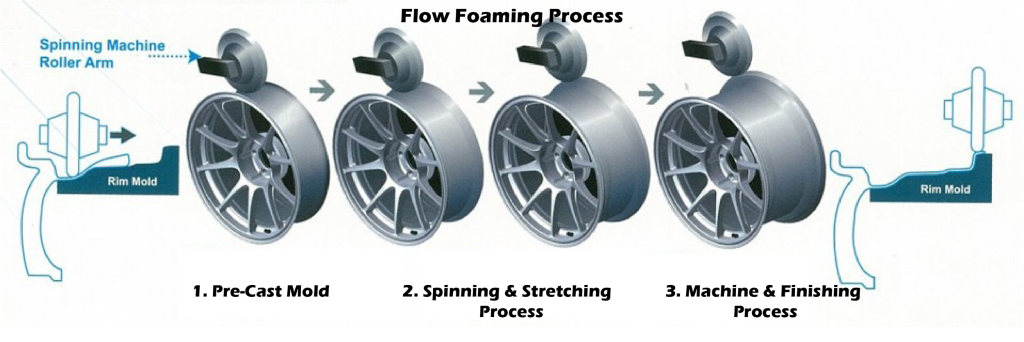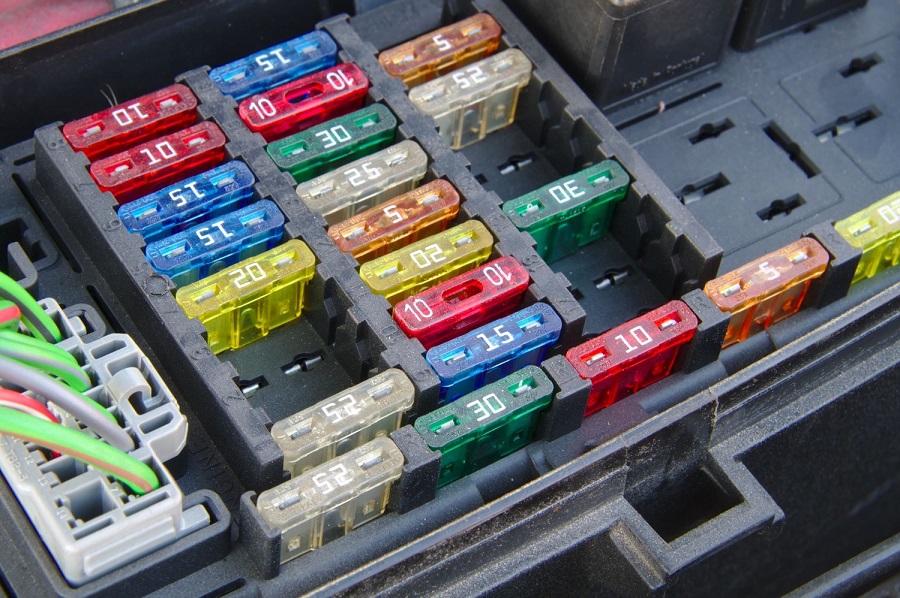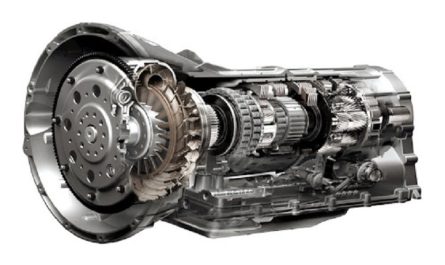Wheels vs Rims types
Wheels
The wheel is a crucial component of a vehicle, encompassing the entire assembly that includes the rim, tire, and sometimes the hub assembly. Its primary function is to support the tire and enable the vehicle to roll. Wheels come in various materials such as steel, aluminum, and magnesium, each offering different benefits in terms of performance, durability, and aesthetics.
Rims
The rim is the outer part of the wheel that holds the tire in place. It forms the edge of the wheel and provides a surface for the tire beads to sit securely. Rims come in various designs and finishes, and their material and construction significantly impact the overall performance and appearance of the wheel.

Wheels Types:
Steel Wheels
Aluminum Alloy Wheels
Magnesium Wheels
Cast Wheels
Forged Wheels
Chrome Wheels
Beadlock Wheels
Rims types
Standard Rims
Custom Rims
Chrome Rims
Black Rims
Beadlock Rims
Types of Wheels: Summary
1. Steel Wheels
Steel wheels are durable and budget-friendly, making them a common choice for many vehicles. Their robust construction can withstand rough driving conditions and impacts, making them practical for daily use. However, they are heavier than other types, which can affect fuel efficiency and handling. Additionally, their design options are limited, often resulting in a less stylish appearance compared to other wheel types.
Pros:
Durability: Can withstand rough conditions and impacts.
Cost-Effective: Generally cheaper than other wheel types.
Cons:
Weight: Heavier, which can affect fuel efficiency and handling.
Aesthetic: Limited design options and often seen as less stylish.
2. Aluminum Alloy Wheels
Aluminum alloy wheels are lighter and offer a wide range of stylish designs. Their reduced weight improves vehicle handling and fuel efficiency, making them a popular choice for performance and aesthetic purposes. On the downside, they are typically more expensive than steel wheels and can be prone to damage from impacts, leading to potentially higher maintenance costs.
Pros:
Performance: Lighter weight improves handling and fuel efficiency.
Variety: Available in numerous designs and finishes for a custom look.
Cons:
Cost: More expensive than steel wheels.
Durability: Can be prone to damage from impacts and may require more maintenance.
3. Magnesium Wheels
Magnesium wheels are designed for high-performance applications, offering exceptional lightness and strength. This makes them ideal for improving speed and handling. However, they come with a higher price tag and require careful maintenance to prevent corrosion, which can be a drawback for everyday use.
Pros:
Performance: Extremely lightweight, enhancing speed and handling.
Strength: Offers a superior strength-to-weight ratio.
Cons:
Cost: Higher price due to the advanced materials.
Maintenance: Requires special care to prevent corrosion and damage
4. Forged Wheels
Forged wheels are made from a solid metal billet, resulting in a strong and lightweight product. They enhance performance by reducing unsprung weight, which improves handling. The forging process, however, makes these wheels more expensive, and the range of available designs can be limited compared to cast wheels.
Pros:
Strength: Highly durable and resistant to damage.
Performance: Reduced weight improves handling and fuel efficiency.
Cons:
Price: Higher cost due to the manufacturing process.
Customization: Limited design options compared to cast wheels.
5. Cast Wheels
Cast wheels are created by pouring molten metal into molds, allowing for a variety of designs and affordability. They offer a cost-effective solution for many vehicles. However, they are generally heavier and less durable than forged wheels, making them more susceptible to damage under stress.
Pros:
Affordability: Less expensive to produce.
Variety: Wide range of designs and sizes.
Cons:
Strength: Not as strong or lightweight as forged wheels.
Durability: May be more prone to cracking under stress.
6. Chrome Wheels
Chrome wheels provide a high-gloss, reflective finish that enhances the vehicle’s appearance and resists rust. They are visually appealing but require regular cleaning to maintain their shine and come with a higher cost due to the chrome plating process. Their maintenance and cost can be disadvantages for some users.
Pros:
Aesthetics: Provides a high-gloss finish that enhances the vehicle’s look.
Corrosion Resistance: Chrome coating helps protect against rust.
Cons:
Maintenance: Requires regular cleaning to maintain shine.
Cost: Higher cost due to the chrome plating process.
7. Beadlock Wheels
Beadlock wheels are designed for off-road use, featuring a locking mechanism to keep the tire bead securely in place. This prevents slippage during extreme driving conditions, improving safety and performance. However, they are more expensive and may require specialized maintenance, which can be a consideration for everyday drivers.
Pros:
Off-Road Capability: Prevents tire slippage in extreme conditions.
Safety: Enhances safety during off-road driving.
Cons:
Price: More expensive than standard wheels.
Complexity: This may require special maintenance and installation.
Wheel Manufacturing Processes
The manufacturing of wheels involves several key processes, each crucial for ensuring strength, durability, and performance. The most common methods include

casting,
where molten metal is poured into molds to form the wheel shape and
forging,
where a solid metal billet is compressed under high pressure to create a lightweight yet strong wheel.
Machining
involves refining the wheel’s surface to precise specifications while
spinning
shapes the wheel by rotating a metal disc at high speeds.
Stamping
is used for steel wheels, where metal is pressed into shape using large dies. Each process impacts the wheel’s final properties, including weight, strength, and design flexibility, catering to various performance and aesthetic needs.
Types of rims
Standard Rims:
These are basic, functional rims designed for everyday use. They provide reliable performance and durability but often lack customization options and unique aesthetics. Ideal for those seeking practicality and cost-effectiveness in their vehicle’s wheels.
Custom Rims:
Custom rims are tailored to specific design preferences and performance needs. They offer unique styles and finishes, enhancing a vehicle’s appearance. However, they can be more expensive and may require additional maintenance compared to standard options.
Chrome Rims:
Featuring a shiny, reflective chrome finish, these rims add a stylish touch to any vehicle. They resist rust but require regular cleaning to maintain their appearance. The chrome plating increases their cost and demands more upkeep.
Black Rims:
Black rims offer a sleek, modern look that complements many vehicles. They are less prone to showing dirt and brake dust. However, they can scratch more easily and may require frequent cleaning to keep their appearance pristine.
Beadlock Rims:
Designed for off-road enthusiasts, beadlock rims feature a locking mechanism to prevent tire slippage in extreme conditions. They provide superior performance off-road but are generally more expensive and require specialized maintenance compared to standard rims.


